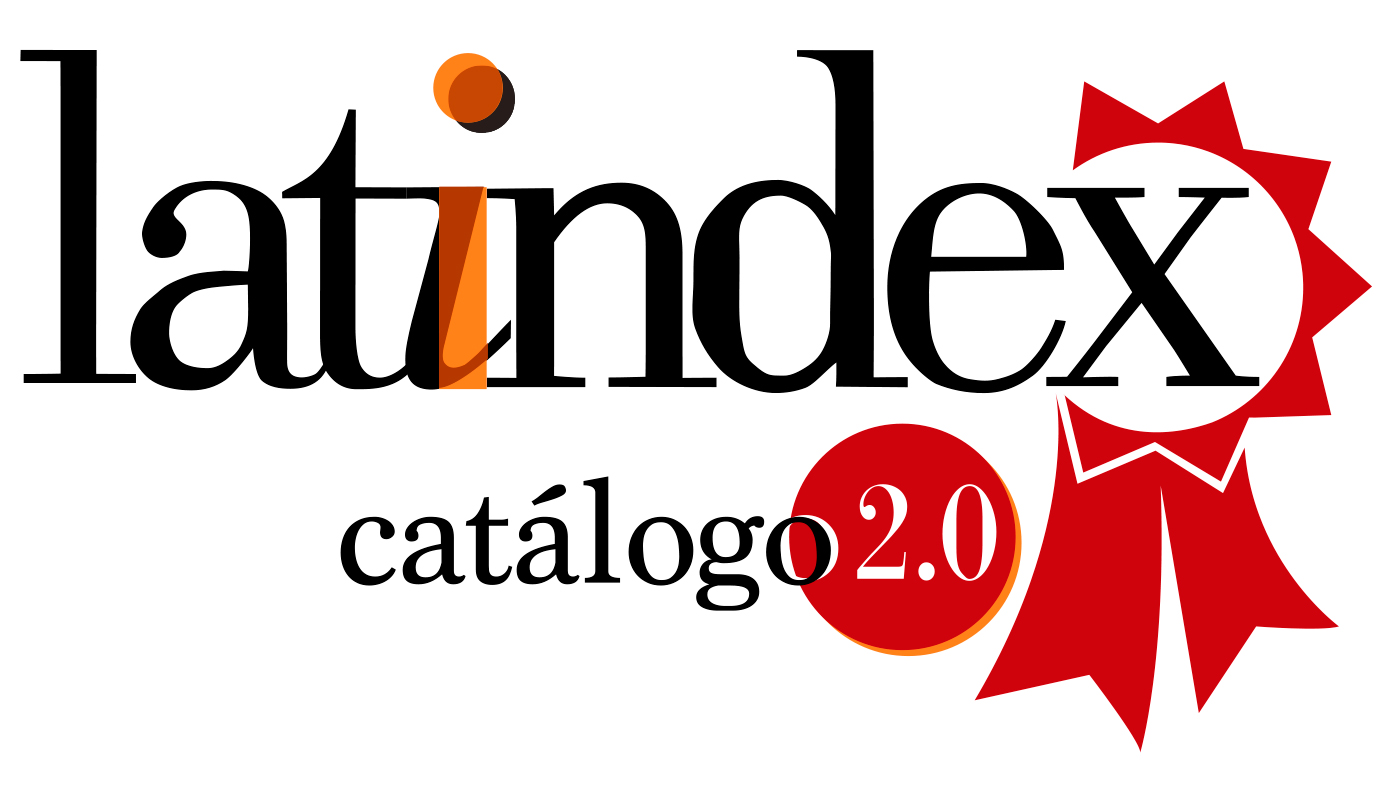The utopia of the transdiscipline
A critical reflection from the divice of M. Foucault
Abstract
The ways in which a device tends to unfold reveals two forms, by way of non-uniform or parallel linearities, aspects of visibility and invisibility, that is: elements that in the warp of the processes of format in fields of scientific knowledge that they appeal to the epistemological, theoretical and methodological principles emanating from the position of the transdisciplinary, can be named and others whose categorization demands the analytical / investigative exercise. The notion of a device that is recovered from the theoretical approaches of Michael Foucault, allows to transfer a critical-reflexive analysis about science or about the scientific phenomenon regarding the pollution of information and the generation of knowledge, in relation to the dissemination of the disciplinary frontiers as one of the pillars that the exercise arisen from the philosophy of science should seek in contemporary times. Thus, the meta-investigation of new fields of study, such as that of Regional Studies, whose epistemological appeal points to a utopia of transdicipline, will allow to critically visualize the scope, risks and commitments that the processes of format in a field in construction will tend to the generation of diffuse knowledge. In this sense, the present paper seeks to show some critical and analytical elements in the face of the adventure of “thinking about the building of knowledge from trans-disciplinarity”; starting initially from the explanation of the concept of the device, to continue with the presentation of visible and non-visible elements whose intricate relationships in the processes of format will have to concentrate on the notion of epistemic communities from which transdiciplinarity will seek its legitimacy and legitimacy .References
Bachelard, G. (2000). La formación del espítiru científico (23° ed.). México: Siglo XXI Editores.
Ballester Brage, L., y Colom Cañellas, A. J. (2012). Epistemología de las ciencias sociales y de la educación. Valencia: Tirant Humanidades.
Bertalanffy, L. v. (1976). Teoría general de los sistemas: fundamentos, desarrollo, aplicaciones (Edición conmemorativa 70 aniversario, 2006 ed.). (J. Almela, Trad.) México: FCE.
Bunge, M. (1980). Epistemología. Curso de actualización. Barcelona: Siglo XXI Editores.
Chalmers, A. F. (2008). ¿Qué es esa cosa llamada ciencia? Una valoración de la naturaleza y el estatuto de la ciencia y sus métodos (Vigesimo sexta en español ed.). México D.F.: Siglo XXI Editores.
Colom, A. (2002). La teoría tras la modernidad. En A. Colom, la (de)construcción del pensamiento pedagógico (págs. 83-106). Barcelona, España: Paidós.
Deleuze, G. (1989). ¿Qué es un dispositivo? En E. Balbier, G. Deleuze, H. L. Dreyfus, M. Frank, A. Glücksmann, G. Lebrun, F. Wahl, Michel Foucault Filósofo (págs. 155-163). Barcelona: Gedisa.
Deleuze, G. (2007). Foucault. Barcelona: Paidós.
Deleuze, G., & Guattari, F. (2014). Rizoma (2á ed.). (D. A. Rincón, Trad.) México: Fontarama.
Foucault, M. (2005). Las palabras y las cosas. Una arqueología de las ciencias humanas (32 ed.). (E. C. Frost, Trad.) Siglo XXI.
Foucault, M. (2009). El orden del discurso (Fábula ed.). México: Tusquets.
Kuhn, T. S. (2013). La estructura de las revoluciones científicas (Cuarta edición en español ed., Vol. Coles. Breviarios 213). (C. S. Peña, Trans.) México, México: Fondo de Cultura Económica.
Max-Neef, M. A. (2004). Fundamentos de la transdisciplinaridad. Recuperado el 12 de Abril de 2014, de Manfred Max-Neef, Magíster en Desarrollo a Escala Humana. WEB Personal: http://www.max-neef.cl/descargas/Max_Neef- Fundamentos_transdisciplinaridad.pdf
Olivé, L. (1988). Racionalidad. Ensayos sobre la racionalidad #n éfira y polítia, ciencia y tecnología. México: Siglo XXI Editores.
Olivé, L. (Ed.). (1995). Racionalfdad epistémica (Vol. 9). Madrid, España: Trotta.
Olivé, L., & Pérez Tamayo, R. (2011). Temas de ética y epistemología de la ciencia. Diálogos entre un filósofo y un científico. México: Fondo de Cultura Económica.
Olivé, L., Pérez Ransanz, A. R., & (Copm.). (1989). Filosofia de la ciencia: teoría y observación (Primera ed.). (F. Hernández, Ed.) Toluca, Estado de México, México: Siglo XXI Editores, Instotuto de Investigaciones Filosóficas, UNAM.
Pérez Ransanz, A. R. (1999). Kuhn y el cambio científico. México: Fondo de Cultura Económica.
Villoro, L. (2009). Creer, saber y conocer. México: Siglo XXI Editores.





